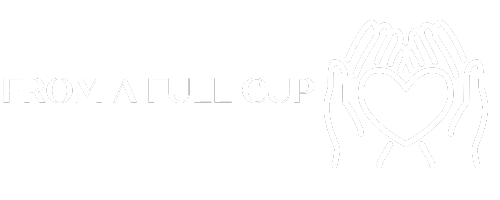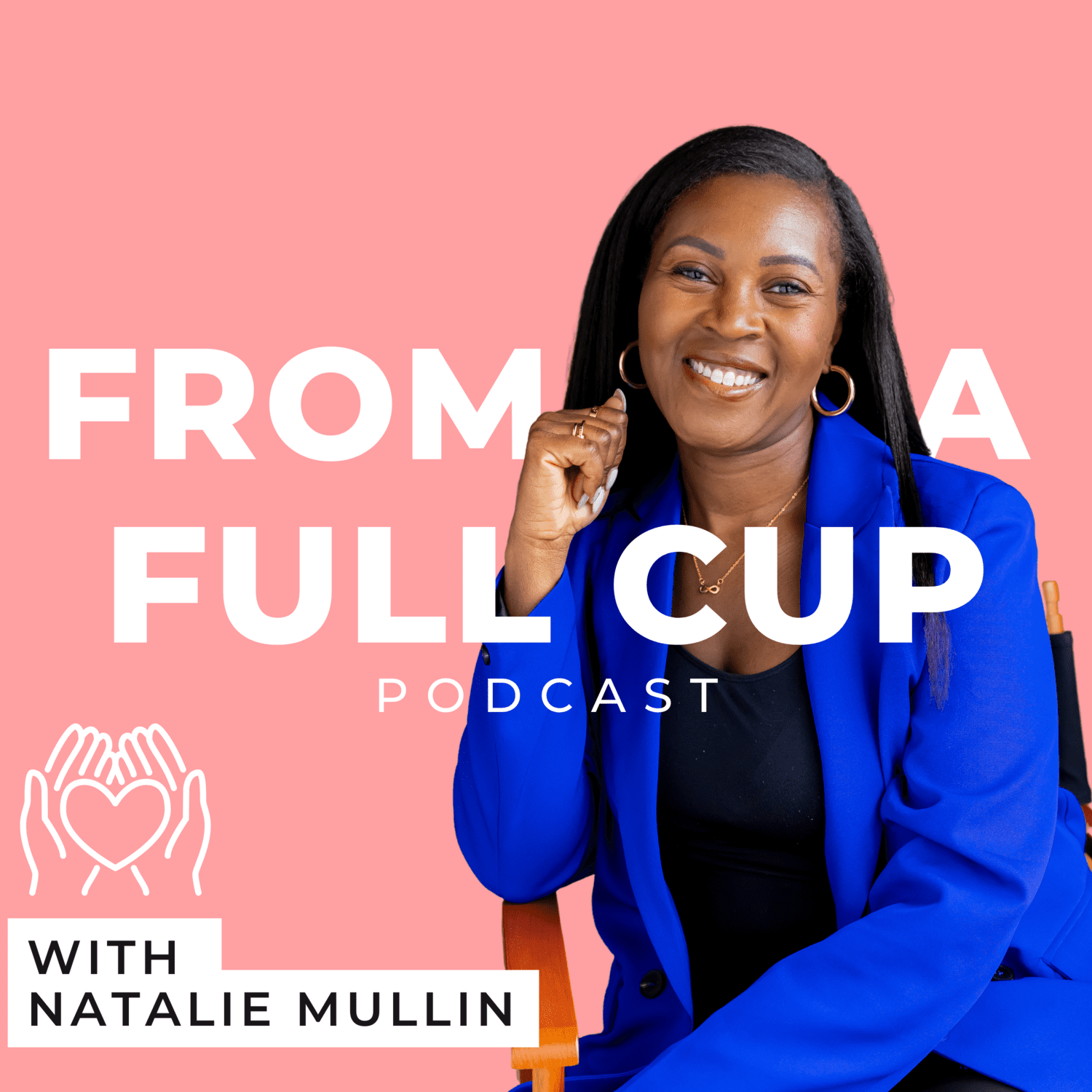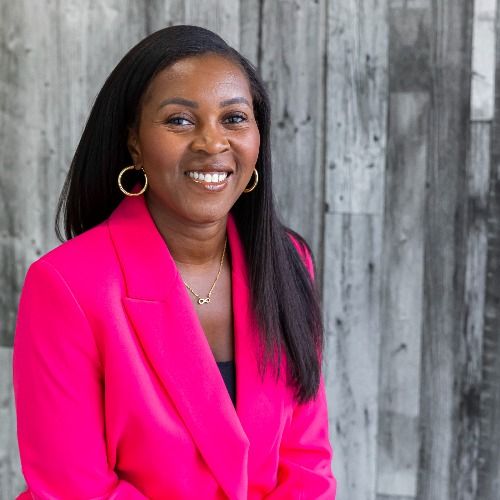#47 How to Forgive Yourself
Today on Episode #47 How to Forgive Yourself , we dive deep into the challenges with and the importance of forgiving oneself.
In this episode I discuss:
-why some people feel that guilt is a punishment they deserve forever
-how other people can tell if you haven't forgiven yourself
-3 questions to ask yourself if you're trying to forgive yourself and let go
-5 steps to start the forgiveness process
-ways to explore mind body connections to release guilt and shame
Call to action:
Write a forgiveness letter to yourself and begin the process of letting go.
Affirmation:
I am not defined by my past actions; I am defined by the choices I make today. I choose self-forgiveness and self-love.
This podcast is hosted by Captivate, try it yourself for free.
Disclaimer:
This podcast includes affiliate links that, when clicked and purchased, may generate revenue for me and the podcast. I only recommend things I truly love and stand behind.
Book Free Discovery Call
https://tidycal.com/nataliemullin/free-discovery-call
Download Free Wellness Assessment
https://from-a-full-cup.ck.page/93236e5b48
Get in Touch:
Speaker Bookings + Coaching:
From a Full Cup is a mental wellness education podcast that teaches women to prioritize their wellness and put themselves first, because you can’t pour from an empty cup.
I'm your host Natalie Mullin , Certified Wellness Educator, Speaker, Facilitator and Teacher. Every Thursday I release a new episode, teaching women how to dream big, take action and move the needle forward in life.
Past episodes
Subscribe to the podcast
Copyright 2025 Natalie Mullin
Transcript
[00:00:06] Natalie: I am so happy you're here and today we are talking about forgiving yourself. I hope you find this episode helpful and if you do, please share it via text, WhatsApp, or IG with someone who might benefit from it. Now before we get started, I want to do a wellness check.
[:[00:00:50] Natalie: So last week we were talking about mind body connection and how it can be used to overcome anxiety and fears and I really enjoyed that interview and I hope you did too. I've been learning a lot about the mind body connection lately and I've been putting it into practice and I'm definitely starting to notice a difference in my overall wellbeing.
[:[00:01:41] Natalie: All right. So, digging into today's episode, I want to ask you, have you ever done something that you felt horrible about afterwards? It could be maybe a mistake that you've made, or just a wrong decision, or a wrong choice, or a choice that leads to a disastrous outcome.
[:[00:02:29] Natalie: And then I was left to kind of sit with the aftermath, and I couldn't help thinking if I hadn't made that choice, perhaps the outcome would have been different. Now, there's no way to know that for sure, and honestly, that's what makes it worse, because you play the coulda, woulda, shoulda, what woulda happened if I hadn't, uh, game.
[:[00:03:05] Natalie: Because when you make a decision or a choice or an action or behavior or whatever it is for your particular situation that you end up no longer enjoying or no longer feeling confident in, you end up carrying around the memory of that every single day. And, you know, for myself, I had to work really hard to forgive myself for making a wrong decision because I was just stuck in the past for quite a long time.
[:[00:03:59] Natalie: And I'm also going to talk though throughout this episode about other strategies that can help us to move along faster and further on that healing journey. And some people might ask themselves, well, why is forgiving yourself even important? They might say that, you know, you should feel guilty or that they should feel guilty and that they should remain in a place of shame.
[:[00:04:46] Natalie: Now, forgiving yourself is not about making an excuse or not accepting what's happened. It is about accepting what's happened, but giving yourself self compassion. And through forgiveness, releasing that burden. Because the thing is, without self forgiveness, we carry the past into our present. And so how can we ever achieve our full potential?
[:[00:05:33] Natalie: So this clouds your thinking and it causes you to react to things irrationally. And it can also show up as migraines, or physical tension in the body, stomach cramps, nausea, or even insomnia, or sometimes all of those at the same time. So it can really take a toll on you. Now, when you think about forgiving our own selves one of the challenges is that people believe that holding on to guilt somehow atones for the mistake. And so they say, you know what, I'm just going to stay feeling guilty because this is going to make whatever the choices I made better, but honestly, all that does is perpetuate the suffering and it limits our capacity for, and it limits our capacity for happiness and for joy.
[:[00:06:52] Natalie: And in our learning, we can grow and evolve and so therefore we won't make the same mistakes again because we become a new and better and a more improved version of ourselves so we make better choices moving forward.
[:[00:07:13] Natalie: So the first one is I don't forgive, I don't deserve forgiveness. Now this is a big one and many people feel like they have to be punished for their mistakes. Right, and depending on whatever it is, and you know, a lot of us, most of us, probably everybody I think, probably carry around some deep, dark secrets with them.
[:[00:08:31] Natalie: You can accept that you've done wrong, but it doesn't mean that you're not deserving of forgiveness. We're all deserving of forgiveness, especially if you are remorseful. Like if you're remorseful and realize, you know what, I didn't do the right thing here. Then you X, you can learn from that and you can move forward and you can make better decisions.
[:[00:09:20] Natalie: When we forgive ourselves, this is actually an empowering action because it helps us to grow and growth is Forward driven and the last one is I should have known better and that one is just a cycle of self blame again The shoulda coulda woulda right everyone makes mistakes it's part of being human and sometimes especially when you make the mistake and You never saw it coming.
[:[00:10:20] Natalie: And I want to know, have you ever thought any of those thoughts before? Do any of them resonate with you? And if so, how do we move forward?
[:[00:10:44] Natalie: How would your life change if you were to fully embrace self forgiveness? And what wisdom have you gained from your past mistakes, and how can you use that to create a better future?
[:[00:11:12] Natalie: I find that a lot of people one of the things that keeps them stuck Is that they keep it to themselves and it just circles over and over and over again And it's like you know how a rattlesnake. I'm pretty sure it's a rattlesnake Actually, I don't know if it's a rattlesnake.
[:[00:12:19] Natalie: It's time to move on. And I will say that a lot of the people I speak to, whether clients, whether friends, family members, whoever, when they open up, it's like you just see a huge release. You can see it in their physical disposition as if like such a load has been taken off of their shoulders. Because we can't, there's a lot, there's a lot that we go through in life, there's a lot that we're carrying and how do we keep showing up if we're, if we have this burden on us, right?
[:[00:13:28] Natalie: That really is the basis for healing and for moving forward. So what are some of the practical strategies we can do? Well, one, of course, we have to acknowledge the mistake, right? Like if you are in denial and never admit that you made that mistake or made that wrong choice, well then how can you ever forgive yourself for it?
[:[00:14:17] Natalie: We're all human. We all make mistakes. What can I learn from this? Right. How can you learn from the situation? How can you grow? Where is the lesson? There is always a lesson. And then when you learn the lesson, how can you now commit to a change going forward? Because there's no point in learning the lesson and then you still go back and do the same thing again.
[:[00:15:16] Natalie: Because sharing your feelings can be incredibly healing and oftentimes you'll realize you're not alone. And just getting it out there can be
[:[00:15:50] Natalie: But if you can bring yourself into the present and realize like, okay, that was a choice I made then, but these are the choices that I'm making now. Then you can feel more empowered and confident in the now and then looking forward ahead to the future. And one of the practical tools that I like to suggest to clients, and you can try it as well.
[:[00:16:39] Natalie: It's not about being like super positive or, um, you know, having a certain kind of mindset. It's just about being honest and getting it all onto paper. And so once you've written down that situation and you've written down how you feel about it then and now, I want you to accept what's happened. And I want you to acknowledge.
[:[00:17:38] Natalie: If you want, maybe you burn a candle, maybe release a balloon. Maybe you crumple up that letter
[:[00:20:08] Natalie: And burn it or throw it in the garbage. Another strategy is to stand in front of the mirror and just truly look at yourself, like look at yourself in your eyes, look at your face, look at your, try to see your emotions, try to see your soul through your eyes, if that was at all possible, and keep staring at yourself until you feel deeply connected to the inner you.
[:[00:21:15] Natalie: Sometimes I think we have to reassure that inner us, whether it's that inner child or just that inner. being, whatever you want to call it, we've got to let that part of us know that we're going to be okay, that we can move forward from this. Because I think that our ego protects us and it doesn't want us to even consider forgiving ourselves sometimes because it might mean that we have to reopen a trauma.
[:[00:22:17] Natalie: And so give yourself that hug, a long embrace, long enough till you feel truly comforted and know for a fact that you can move forward. Sometimes connecting something physical with our body, a physical option. To this mental and emotional decision that we're making actually helps us and reinforces the task that we're doing which in this case is Letting something go and then look to the future think about well, what's it gonna look like now that I've released this boat That I no longer have this burden.
[:[00:23:11] Natalie: And so that's today's call to action. I want you to think about a situation you've been holding on to where you felt guilt or shame or blame and you, and I want you to write yourself a forgiveness letter and give yourself grace, compassion, and understanding as you're writing it.
[:[00:23:52] Natalie: And even for myself at this point, like, I'm so glad that I no longer have an emotional connection to that option and that decision that I made. I accept that it was the wrong decision. I accepted the consequences. I accepted. The optimal and I accept the lessons that I learned from it as well
[:[00:24:56] Natalie: And so you've got to, at some point, just really shine a light and say, well, what's really happening here? How do I free myself from this? How do I move forward? So I invite you to say today's affirmation with me. I am not defined by my past actions.
[:[00:25:26] Natalie: I choose self forgiveness and self love.
[:[00:25:58] Natalie: So the best version of you this year is going to look different. When the best version of you next year, you're always improving if something in this episode resonated, we do this kind of deep healing and transformative work inside the wellness reset program. If you want to learn more about that book 3 discovery call in the show notes, and on that discovery call, we'll discuss your current challenges that are impacting your mindset and wellness and create a plan to move forward towards your goals.
[:


